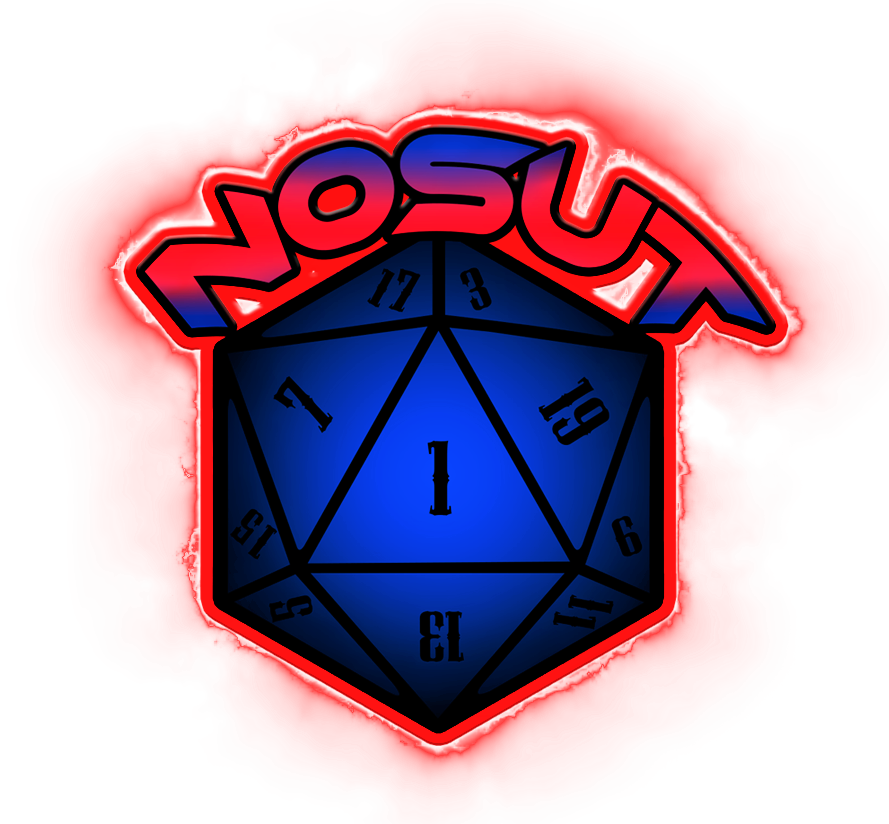I am looking into getting a NAS setup at home, but have to consider wanting it to just work and work for my family who are not technically advanced. They use computers fine, but being asked to open a terminal would require letter by letter instructions.
So my question, what is the current recommendation for a simple home NAS for files and video (family trips, etc) storage?
Acronyms, initialisms, abbreviations, contractions, and other phrases which expand to something larger, that I’ve seen in this thread:
Fewer Letters More Letters NAS Network-Attached Storage NUC Next Unit of Computing brand of Intel small computers Plex Brand of media server package RAID Redundant Array of Independent Disks for mass storage SATA Serial AT Attachment interface for mass storage SSD Solid State Drive mass storage VPN Virtual Private Network
7 acronyms in this thread; the most compressed thread commented on today has 14 acronyms.
[Thread #4 for this sub, first seen 19th Jul 2023, 05:30] [FAQ] [Full list] [Contact] [Source code]
good bot
You missed QNAP
deleted by creator
Agree with the Synology recommendation for a simple starter. Though personally always recommend the 4 bay.
Also want to call out the importance of 4-bay vs. 2-bay. With 2-bay you get 1-drive fault tolerance in RAID mode, which is nice. With 4-bay, you can still opt for 1-drive fault tolerance and with SHR you can have 4 drives active (of varying sizes) giving you much more available space and making the upgrade path of storage significantly easier.
if I had my time again I would go 4 bay first.
2 bays sound like a nice easy introduction to NAS until you pick raid 0 like a fucking animal.
I could have data redundancy or I could have DOUBLE the storage …
Seconded for Synology. I have had zero complaints with mine.
Dude I’ve gone full circle on this one, and I currently am on the Synology train and life is easy.
It feels like I’ve had a bit of everything at some point. Clarkconnect, Windows Home Server, straight Ubuntu, Unraid, FreeNAS, some garbage on my router…
… Synology stuff is super well designed, easy to use, and widely supported. I spent some time chasing privacy options, but other than that it has been zero hassle and high reliability.
What made you move away from FreeNAS?
It was a combination of factors, really:
- Not often, but often enough…I had some significant problems with version upgrades and would end up having to configure the whole system again from scratch;
- My hardware was getting pretty old. While pricing out an upgrade for it, I was surprised to find a more capable Synology for less (DS1821+);
- Remote backups. I have had a bazillion different solutions for off-site backups, and none of them have stood the test of time. The last one before Synology was a separate machine running Duplicati, pulling data from TrueNAS, and sending it off to an ODROID-HC2 running Minio. It worked sometimes. Hyper Backup on Synology is an entirely different world of ease and reliability–it has been flawless.
- I kind of got tired of TrueNAS as a hobby. I ran into and waited for resolution on bugs, had a bunch of customizations done from the command line that I’d forget about before the next time a version upgrade wouldn’t work and I’d have to start over, and just in general had to keep up my knowledge managing the thing (cruising the forum and subreddit). Synology isn’t as flexible, but I never have to deal with it…and that has been pretty nice.
Removed by mod
I second the Synology, I currently have a 2 drive version setup as raid 1 with 3TB drives. It was super easy to set up, and I haven’t touched it in about 5 years now. Set everything up how I wanted and it’s worked flawlessly ever since. Granted, I set it up for myself, not for anyone with an aversion to technology. I much prefer to have a large amount of my data under my own control, plus I get to keep full resolution photos, videos, etc. without worrying about running out of space.
Plus transferring data over a home network is so much faster than through an ISP (at least with what’s available to me).
Regardless of what system you use, your family members will always only have to connect to the shared folders. If they just want to backup and browse files, they won’t have to touch a terminal, ever. That’s the whole point of NAS.
So it’s really a matter of your budget and how much time you’re willing to spend setting it up. For instance, a 5-bay hard drive enclosure and an old 7th gen i3 NUC will do most of what a Synology DS423+ will do and will save youa about US $250. But the synology will take you 2 hours to setup and a few hours of tinkering if you wish whereas the NUC will take many hours of tinkering and setup, depending on your skill level. You’ll also end up with a less polished interface on the NUC setup.
So if you’re the kind of person who loves playing around with custom built system, pickup whatever you like and set it up to your preference. If you just want to get something and have it work, go for Synology.
Oh, and also, Synology shares a lot of data with Synology servers. Mostly it’s not a concern, but if you worry about that kind of thing, you might want to know beforehand.
I use a 4-bay Synology. Works great. For video you could use Plex or Jellyfin.
Applying negative selection, QNAP has a terrible security track record and WD has terrible performance and security track record. So if you want something that’s mostly plug and play, Synology it is, consider a “+” model if there’s any chance that you may expand beyond the simple file sharing use case.
Disclaimer: I currently own three Synology boxes (718+, 220+, 216j) and a QNAP TS-453D running Proxmox (for fun and as an attempt to move towards a HW vendor-independent solution).
If those were my requirements then I’d be looking at Synology.
Currently using a Windows PC with Stablebit Drive Pool to pool about 10HDDs into one consolidated pool. Nice way to get a stack of storage and to repurpose an old PC I already had, but for a low effort option Synology would be my pick based on all the reports I’ve heard about it being a top notch option. My PC is fine but when things break you need to be able to troubleshoot a Windows setup, which is fine but maybe not for “mum and dad”.
Just pick a NAS from them that does what you need. Whenever I look at them it seems to be about determine how many drives you need and whether you want a high performance one (to run Plex servers and the like) or a low spec one that just does storage and some less intensive stuff.
I recommend a used PC with TrueNAS scale. That way you can actually repair your system and have upgradability. I personally think Synology way over charges for very outdated hardware for the sake of ease, but TrueNAS scale is still better for long term use.
When my old NetGear ReadyNAS Duo (2 bays, SPARC, 100Mb NIC) was reaching its EOL I looked into a purpose built server, a mini of some kind (NUC, etc), or a standard QNAP or Synology NAS. Eventually settled on a Synology DS 920+ (4 bays, x86_64, 1Gb NIC).
It’s been rock solid and amazing value for the 2.5 years I’ve had it. It’s running the majority of my Docker containers, Plex Media Server, a Linux VM, and a few other things. It also has its own shell/CLI, which is useful. I don’t use Synology’s “phone home”/remote access stuff, but Synology Drive and Synology Photos are great - they provide the equivalents of Dropbox and Google Photos respectively, and it works across Windows, Linux, Mac, iOS, and Android (via VPN when outside the house). No regrets at all.
My users interface with my server via plex, smb and Nextcloud.
The guts are pretty complicated but from my users’ point of view it’s pretty simple.
You should think about what services you plan to offer and go from there.
Be aware that none of the off the shelf products have a good reputation for being secure when providing services outside your network which is when you may want stuff like Nextcloud.
Synology DS920+ or DS1520+, either one.
You’ll find each step of the process mostly handheld with great guides online for pretty much anything you would ever wanna do with a NAS.
Last time I checked it was quite hard to get my hands on a DS920+. The more recent DS923+ does not have the same specs, the main drawback being that it’s not able to do hardware transcoding anymore (useful for multimedia server).
TrueNas scale is still really beta, but cool as fuk
I bought an asustor a while back because I wanted my critical files protected by drive mirroring. I was pleasantly surprised by how nice it was. Not just as a basic NAS, but it also has a really nice ecosystem of apps that can run on it, so for example if you want to run a local nextcloud, you can do that without doing anything on a terminal.
Syno ds920+ w/2 16’s & 2 6’s. Use: home docs, pics, and a Plex server.
QNAP ts233 with 2 6tb for “off-site” backup sitting on my desk at work connected to the guest wifi backing up the home docs and pics from the syno.





